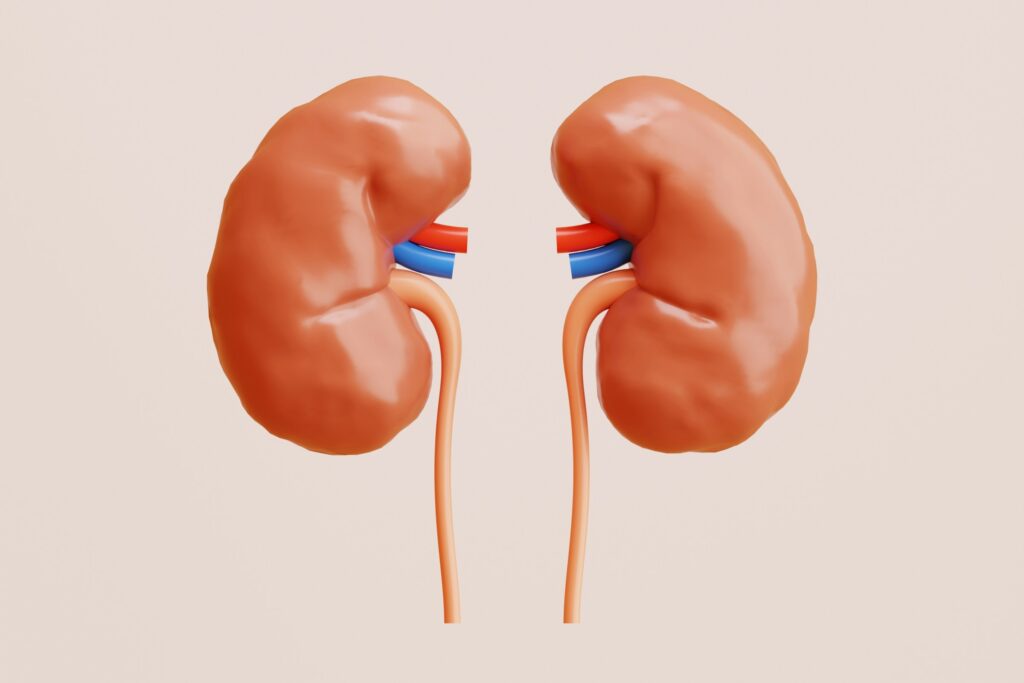There are a lot of causes why your kidney may no longer work effectively, resulting in kidney failure or end-stage renal disease. These causes are often diabetes, high blood pressure, or any hereditary conditions that can spread to other body parts. So, you need to understand your options for treatment, whether you will do it with a transplant or a dialysis.
What is a Kidney Transplant?
A kidney transplant is considered another treatment option for kidney failures, wherein it will require a medical operation. The person receiving the kidney is—the donor and the person giving the kidney is the donor. Donors can be relatives, partners, or close friends. There are also transplants received from deceased donors with permission for their organs to be donated after their death.
The survival rate of a kidney transplant is approximately 97% of recipients from deceased donors being alive at one year and 90% being alive at five years. The survival rate from a living donor is considered higher, with 99% at one year and 96% at five years.
Factors that affect the suitability for a transplant:
- General good physical health, apart from having kidney failure.
- Willingness to go through with tests and operations.
- Desire to take lifelong anti-rejection medication.
- Agreement between the idea of transplantation and acceptance of the risks involved.
- In the early weeks of the transplant, you may experience several acute rejections.
What is Kidney Dialysis?
Dialysis is a treatment wherein it removes waste and extra fluid from the blood when the kidneys aren’t working correctly. A healthy kidney removes fluid and wastes 24 hours a day, but for dialysis, it can only do 10-15% of what a normal kidney does.
Kidney transplantation offers a more complete solution; dialysis is considered a short-term treatment for patients. This kind of treatment is very suitable for people with acute kidney failure who may need dialysis until their kidney function improves.
Types of Kidney Dialysis
Peritoneal dialysis
Peritoneal dialysis works when a surgeon places a soft plastic tube called a catheter in your belly, and a sterile cleansing fluid is put into your belly through the catheter. The filtering process works and finishes when the fluid leaves your body through the inserted catheter. There are two main types of peritoneal dialysis, and these two are:
- Continuous Ambulatory Peritoneal Dialysis (CAPD)—This process includes connecting a new bag of fluid, draining out the old fluid, and putting the new fluid in. With a few sensible precautions, this can be done for about 30 minutes almost anywhere. After exchanges, the person is free to go about their daily activities.
- Automated Peritoneal Dialysis (APD): A machine called a cycler does the exchanges. The catheter is attached to the tubing of the cycler and put in each night. APD is done every night and can usually take between 8 and 10 hours. During the day, dialysate is usually left in the patient’s body so that the dialysis process can continue.
Haemodialysis
This type of dialysis involves making a circuit where blood is pumped from your bloodstream to a machine. This process cleans your blood by collecting waste and washing the abdomen’s space. This is an ongoing dialysis done three to five times a week, and it takes about four to five hours every session.
Factors in Choosing Kidney Transplant or Dialysis
Whether it is Kidney Transplant or Dialysis you choose for the situation of your kidney, the choice may be influenced by several factors, including:
- Personal Preference
- How far has the damage been done to your kidney
- Health Professionals recommendations
What is Healthway Medical Network?
In Health way, we offer several doctors and easy and smooth appointment booking for everyone in need. We have several Medical Professionals who specialize in various diseases. If you are having a hard time, you can visit our healthwaymedicalnetwork.com to learn further details and be informed about other health-related news and articles.
Discover Healthway Facilities
Experience the best medical care and get your medical needs with Healthway, making it easier and one step away from your place. Healthway resides in several areas in the Philippines, from Luzon, Visayas, and Mindanao.
Healthway Outpatient Centers: Healthway Lio El Nido, Healthway Abreeza Davao, Healthway Centrio Cagayan de Oro, Healthway UP Town Center, Healthway Ayala Center Cebu, Healthway The District Imus, Healthway Cloverleaf, Healthway Estancia, Healthway SM The Block, Healthway Greenbelt 5, Healthway Shangri-La Plaza, Healthway 8 Adriatico Manila, Healthway Market! Market!, Healthway Festival Mall, Healthway Alabang Town Center, & Healthway QualiMed Manila.
Healthway QualiMed Hospitals: Healthway Daniel O. Mercado Medical Center, Healthway QualiMed San Jose del Monte, Healthway QualiMed Iloilo, Healthway QualiMed Santa Rosa
Healthway Cancer Care Hospital: South Union Drive, Arca South, Western Bicutan, Taguig City







